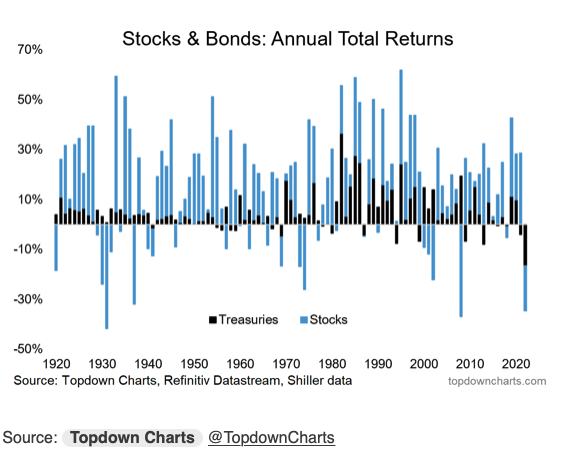We are not in the pandemic period, and the post-GFC period has ended. We have had a spike in inflation but that may not be the hallmark of this period. We need another name to describe the current global macro and geopolitical environment. I will call this period, the "Age of Disconnect".
The disconnect starts with the end of the golden age of globalization. It is not that the world will move to isolation, but there will be a slowing in the flow of trade. There will be a new regionalism with friend-shoring, and on-shoring. Inventories will build because just-in-time management will not work if there is another trade disruption threat. Trade sanctions are a continuing reality and capital controls will impact the flow of money across borders. If trade surpluses decline, governments will use other controls to maintain exchange rate stability.
We are already seeing greater divergences in monetary policy as central bankers address different types of growth and inflation trade-offs. The connection of all central banks behaving the same is over.
Domestically, large deficits will have to be addressed with changes in tax policy, and the tilt to active government regulation from ant-trust policies to climate change make for disconnects across industries. Industrial policy will be used to move capital to different industries which again will cause distortions in market prices.
Geopolitical risks will not go away, whether war in Ukraine, Middle East upheavals, or an assertive China within Asia. There is no US hegemony or international organization to control the excesses of nationalism, extremism, and neo-imperialism within regions.
The confluence of different problems all occurring at the same time will lead to poly-crises which will not have easy solutions.
This is does not have to be an Age of Despair. We can navigate disconnects, but it requires different thinking. There will be limits to arbitrage. Correlations will fall and markets disconnect. There will be large dislocations that may not be closed immediately. Capital will be scarce because cash will be a fair alternative, so speeds of adjustment will be slower. Investors will need more compensation for risk. All of these change the investment landscape.






































